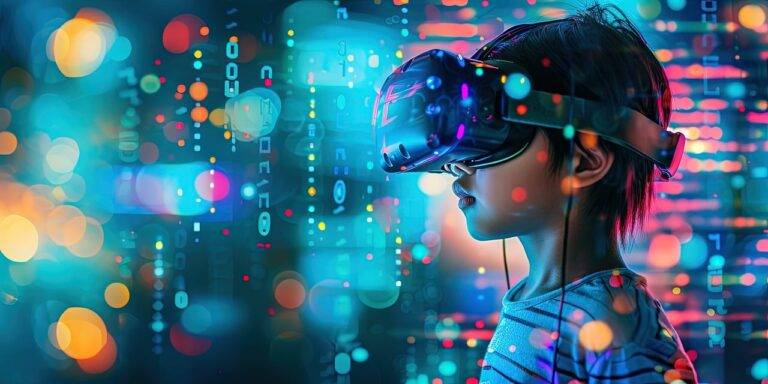The Future of Quantum Computing: Solving Complex Problems Faster
Traditional computing faces numerous challenges in today’s fast-paced technological landscape. One prominent issue is the limitations imposed by Moore’s Law, which dictates that the number of transistors on a microchip doubles approximately every two years, resulting in increased processing power. However, this trend is becoming harder to sustain, leading to a plateau in the performance gains from traditional computing hardware.
Furthermore, the size and complexity of contemporary datasets have outpaced the capabilities of traditional computing systems. As the volume of information continues to grow exponentially, conventional hardware struggles to efficiently process and analyze the vast amounts of data generated daily. This disparity between data complexity and computing power highlights a significant obstacle in the realm of traditional computing.
• Traditional computing faces limitations imposed by Moore’s Law
• Number of transistors on a microchip doubles every two years
• Plateau in performance gains from traditional computing hardware
• Size and complexity of datasets have outpaced capabilities of traditional systems
• Conventional hardware struggles to process and analyze vast amounts of data
Understanding Quantum Mechanics
Quantum mechanics is a fundamental theory in physics that explains the behavior of matter and energy on very small scales, such as atoms and subatomic particles. It is a complex and often counterintuitive theory that challenges our classical understanding of the world. One of the key principles of quantum mechanics is superposition, which suggests that particles can exist in multiple states simultaneously until they are measured.
Another important concept in quantum mechanics is entanglement, where particles become connected in such a way that the state of one particle is dependent on the state of another, regardless of the distance between them. This phenomenon has been described by Albert Einstein as “spooky action at a distance.” Understanding these concepts is crucial in the field of quantum computing, as they form the basis of the unique properties that make quantum computers so powerful compared to classical computers.
The Basics of Quantum Computing
Quantum computing is a cutting-edge technology that leverages the principles of quantum mechanics to perform complex calculations at a speed unimaginable with traditional computing. Unlike classical computers that use bits as the basic unit of information, quantum computers use quantum bits or qubits. These qubits can exist in multiple states simultaneously, enabling quantum computers to process and analyze vast amounts of data exponentially faster than classical computers.
One of the fundamental principles of quantum computing is superposition, where a qubit can exist in a combination of both the 0 and 1 states. This unique property allows quantum computers to perform multiple calculations simultaneously, leading to a significant increase in processing power. Another crucial concept is entanglement, where the states of multiple qubits become interconnected, resulting in a correlation between them even when they are physically separated. Harnessing these quantum phenomena opens up a myriad of possibilities for solving complex problems in various fields such as cryptography, optimization, and machine learning.
What are some challenges in traditional computing?
Some challenges in traditional computing include limitations in processing power, speed, and the ability to solve complex problems efficiently.
How does understanding quantum mechanics play a role in quantum computing?
Understanding quantum mechanics is essential in quantum computing as it provides the foundation for the principles and behaviors of quantum systems that are utilized in quantum computing technologies.
What are the basics of quantum computing?
Quantum computing utilizes quantum bits or qubits, which can exist in multiple states simultaneously, allowing for parallel processing and the ability to solve complex problems more efficiently than classical computers.
How does quantum computing differ from traditional computing?
Quantum computing differs from traditional computing in that it leverages the principles of quantum mechanics, such as superposition and entanglement, to perform calculations and solve problems in a fundamentally different way than classical computers.



